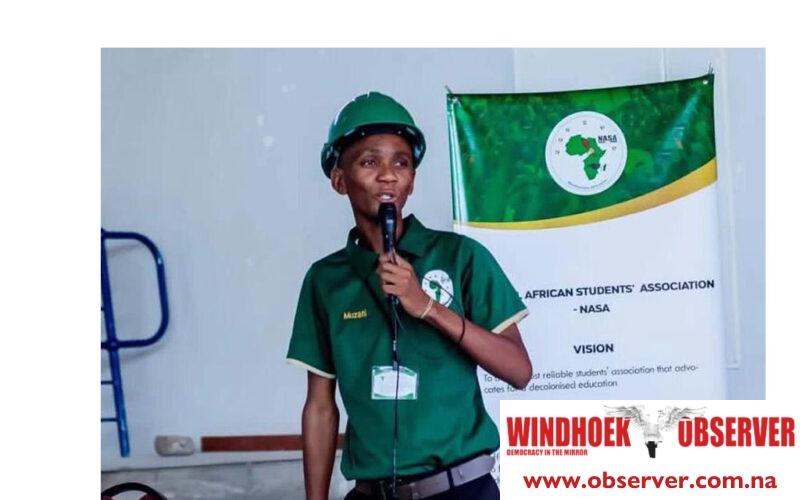Allexer Namundjebo
Unemployed teachers in Kavango West have questioned the educator registration for record keeping.
The teachers say they are frustrated by the lack of jobs despite numerous registration call outs.
This comes after the Regional Council called on all qualified but jobless educators to register with the Directorate of Education, Arts, Culture, Innovation, Youth, and Sport.
Teachers are asked to register by subject specialisation before 6 June 2025.
Many say the call offers nothing but empty promises.
Philipus Kamwi, a qualified teacher unemployed for four years, says the process is misleading.
“They give us false hopes. I don’t know why they keep informing us to register if they can’t come up with ways of hiring us,” Kamwi said.
He believes the region’s rising number of learners calls for more schools.
“Our region has more learners. If more schools can be established, the number of unemployed teachers would reduce,” he said.
Kamwi said affected graduates have already taken action but received no results.
“We have already handed over petitions to them, but nothing is being done. Even though some people are getting employed, they are not a lot. We’ve now embarked on tutoring just to keep up with our work,” he added.
The ministry clarified that registration does not guarantee employment. It said the process is for record purposes only.
In 2023, over 300 unemployed teachers were recorded in Kavango West and East.
That year, a group of jobless teachers from both regions protested to the education ministry.
They accused the ministry of failing to meet its policy on quality education and the teacher-learner ratio, despite Cabinet directives.
Their petition claimed that from 2017 to 2023, about 8,251 qualified teachers in Namibia had no jobs.
A university survey showed that 7,383 students graduated from the country’s three universities in 2020. Most hoped to enter the job market.
At that time, the Ministry of Higher Education, Technology and Innovation reported over 67,000 unemployed graduates in Namibia.
Community activist Eliud Mwaamenange says the teacher registration initiative is not about hiring.
“My understanding of the initiative is that it’s for statistical purposes only, not employment,” Mwaamenange said.
He said public service jobs go through an application and interview process, not pre-registration.
“Whether you register or not, you can still apply and go through the interview process. With that understanding, many unemployed teachers might not even register themselves because they know there’s nothing much to gain,” he said.
Mwaamenange said the initiative might help assess the unemployment crisis, but won’t help if there’s no plan to absorb the graduates.
“It might help with understanding the unemployment rate and maybe lead to solutions like building more schools or limiting the number of students enrolled in education programmes at universities,” he said.
He also criticised the government’s use of data.
“The initiative might be a play game also, because this government doesn’t use statistics. Budget allocations don’t speak to census reports by the Namibian Statistics Agency,” he said.
Muzani Muzani, from the National Africa Students Association, described the initiative as confusing and lacking direction.
“The teacher registration program is of immense value to us. As an association, we have witnessed a number of these programmes, and we wonder about the logic,” Muzani said.
He questioned if those who register would be prioritised in hiring, which would be unfair.
“If it is for statistical purposes — to know the number of unemployed teachers and then create adequate posts — then we can understand. But if it’s for recruitment purposes, what advantage will the one who registers have over the one who has not?” he said.
Muzani said fairness and transparency must be upheld.
“Is it to say they will not advertise posts and only call the people who registered? Will that not go against the principle of fairness? If that’s so, will interviews be held?” He asked.
“The list of questions can go on, and as it stands in isolation, it is difficult to rally behind the initiative because the rationale is not declared,” he said.
The ministry’s 15th-day report of 2023 showed 31,970 teachers nationwide for 864,700 pupils at 2,002 schools.
In June 2024, media reports said 16 new schools were built, and 723 new teaching posts were advertised in all 14 regions.




